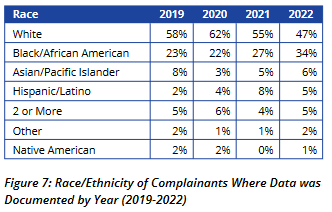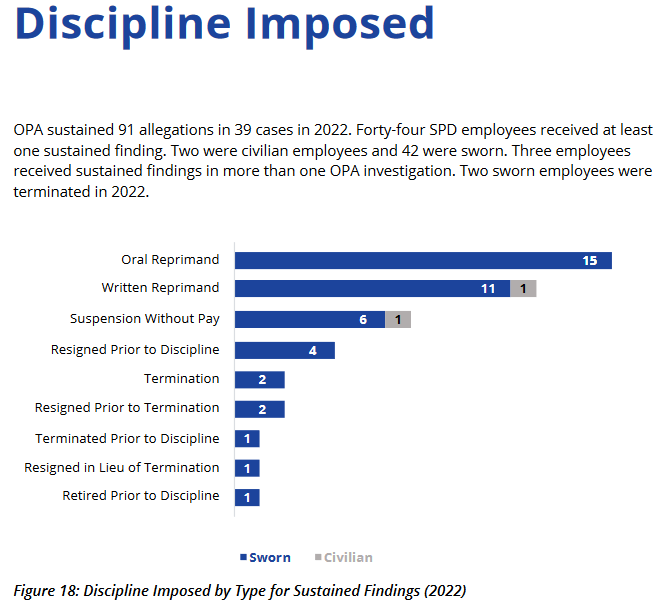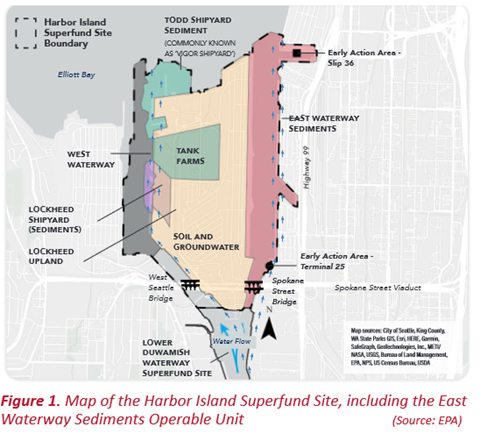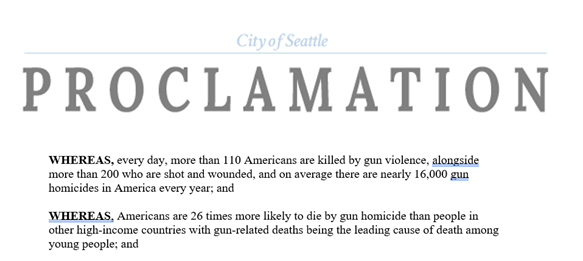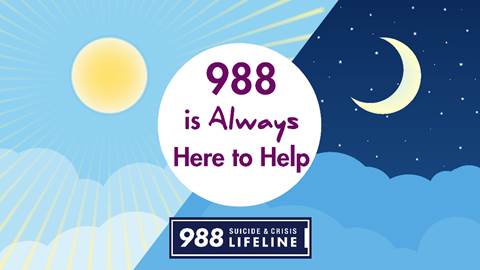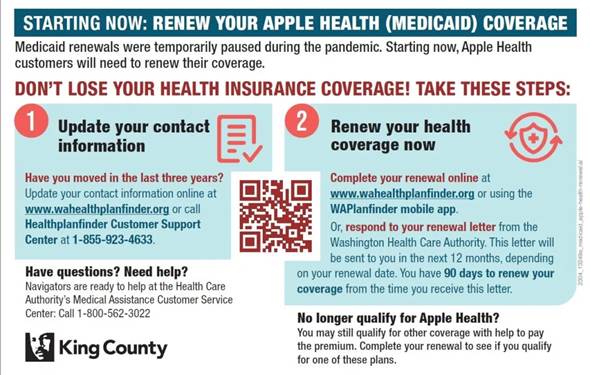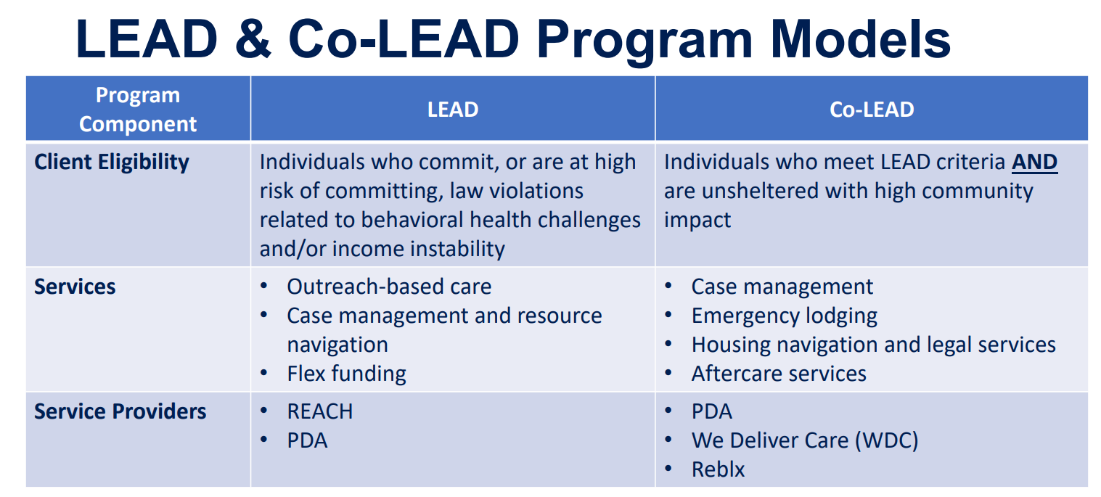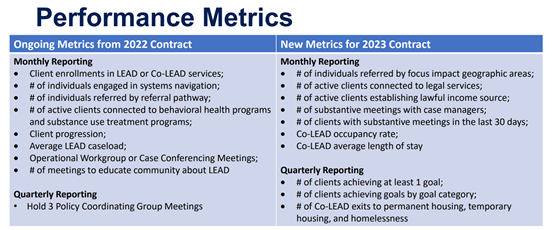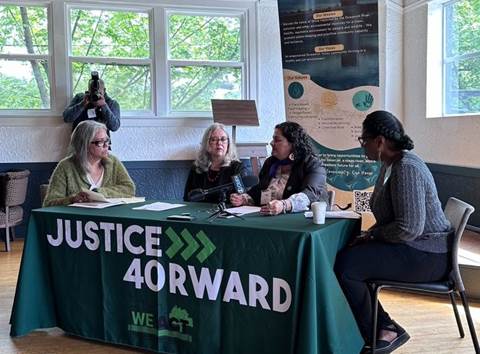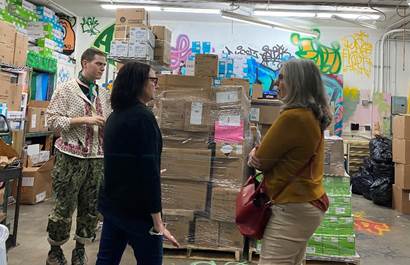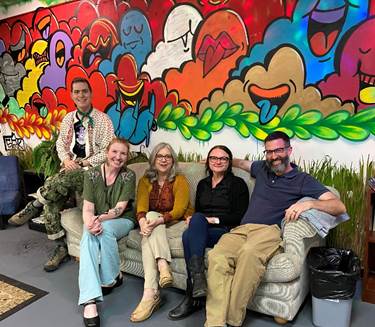Racing Zones vote in Transportation/SPU Committee // App-Based Worker Deactivation Rights’ Ordinance // Myers Way Encampment Update // July 26th South Park Civic Coffee Event // Share Your Input on Morgan Junction Park by 7/31 // Community Service Preference Points Go into Effect
July 21st, 2023Contents
- Racing Zones vote in Transportation/SPU Committee
- App-Based Worker Deactivation Rights’ Ordinance
- Myers Way Encampment Update
- July 26th South Park Civic Coffee Event
- Share Your Input on Morgan Junction Park by 7/31
- Community Service Preference Points Go into Effect
Racing Zones vote in Transportation/SPU Committee
On Tuesday the Transportation and Seattle Public Utilities Committee voted 4-0 to recommend passage of Council Bill 120600, which designates racing zones eligible for automated safety cameras. The bill I am co-sponsoring, along with co-sponsor Councilmember Pedersen, now moves to the Full Council for a vote on Tuesday, July 25th.
The streets in District 1 designated as racing zones are:
- Alki Avenue SW between 63rd Ave SW and Harbor Avenue SW.
- Harbor Avenue SW between Alki Avenue SW and SW Spokane St.
- West Marginal Way SW between SW Spokane St and 2nd Ave SW.
The committee voted to add additional streets at the recommendation of Councilmembers in other districts.
Under the 2022 state law, other areas, such as school walk zones, public park zones, and hospital speed zones, are already eligible for speeding cameras. An act by the local legislative body is needed to designate racing zones; this legislation fulfills that state requirement.
In the Alki and Harbor Avenue neighborhoods, there is support for a variety of safety approaches, including support for speed humps, which have been installed in some places. I’ve also advocated for speed humps and have found support from SW Precinct Captains, dating back several years.
On Sunday evening there was a horrific collision on Alki Avenue; constituents have estimated that a car was speeding at a very high speed. The other car was thrown off the road, over the trail and into the water, and submerged. We’re very fortunate that no pedestrians or cyclists were hit in this area that has high pedestrian and cyclist traffic; one person reported the vehicle nearly hit cyclists shortly before the crash. During public comment at the committee meeting, we heard other examples of near misses for pedestrians. This collision and others demonstrate the clear need for safety approaches such as speed humps or speed cameras to address safety.
App-Based Worker Deactivation Rights’ Ordinance
At this Monday’s special committee meeting, the Public Safety and Human Services Committee wrapped up voting on amendments and the committee recommended, as an amended bill, the App-Based Worker Deactivation Rights Ordinance. The bill is now headed to Full Council for a discussion and vote on August 1.
This bill protects app-based workers by creating new labor standards that create deactivation protections. Workers have shared experiences of a. being deactivated by algorithmic decision processes and b. barriers to appealing these decisions with human review. Rarely is there any appeal or challenge process available at all. This bill creates guidelines for notices of deactivation, timelines, challenge processes, and transparency for network companies..
This bill has been in the works for more than two years, first discussed at Council as part of the PayUp suite of legislation in April of 2021. The bill language was introduced in June of this year, with discussion and votes on amendments beginning on June 13. I am grateful to Central Staff and members of the committee for spending three meetings on these amendments. I believe we’ve made some significant improvements to the bill as originally drafted and would like to share a sample of those improvements:
Amendment 1: Allow temporary deactivations. This amendment, based on network company feedback, allows for temporary suspensions lasting less than 48 hours in certain circumstances, including inclement weather, network outages, or technology upgrades and maintenance. Worker leaders were understanding of this allowance and made no objections to this amendment.
Amendment 2c: Broaden definition of “egregious misconduct.” Councilmember Lewis and I withdrew a competing amendment to support Councilmember Pedersen’s version. It expands the definition of “egregious misconduct” to allow immediate deactivation in response to actions that endanger animals (for pet sitting services like Rover), cybercrimes, and Class A felonies.
Amendment 6f: Revise pre-deactivation requirements for completion of investigation. This amendment, based on network company feedback, is a new version of two of Councilmember Nelson’s amendments. It makes changes to investigation timelines to accommodate what we’ve heard from platforms to be the usual length of an investigation, changing them from 10 days to 14 days.
Amendment 8a: Revise requirements for records substantiating deactivation when deactivation is based on a complaint. This amendment was in response to safety concerns raised by community members asking us to better strike the compromise between the rights of a worker to challenge an unwarranted deactivation with the safety and privacy rights of complainants like customers and merchants. It allows for platform companies to summarize and anonymize records substantiating a deactivation when a customer or third-party complaint is the sole reason for that deactivation.
We will vote on the final amended bill on Tuesday, August 1.
Myers Way Encampment Update
On Tuesday evening, I joined residents of Arrowhead Gardens for a meeting about plans to resolve the longstanding encampment on Myers Way, hosted and led by the Washington State Department of Transportation. I have previously written about this encampment here and here. Thank you to West Seattle Blog for its comprehensive coverage of the meeting, including a captioned video.
The encampment of approximately 48 people is located largely on WSDOT land, although some residents are on City land as well. The King County Regional Homelessness Authority is working closely with WSDOT on plans to resolve the encampment as part of its State-funded Right of Way program, at my request, which has successfully resolved eight large, complex sites in King County on state land.
Over the weekend, WSDOT posted notice that all operable vehicles must move off the site on both sides of Myers Way. They are also limiting access to the site for any new vehicles, an important first step to control the growth. Trash pickup will be ramping up. Outreach workers are talking daily with residents to understand their needs, which will allow them to line up appropriate housing placements for all 48 people living there. Lt. Kim of the Southwest Precinct discussed SPD’s role in responding to criminal activity.
While outreach workers with the CO-LEAD program are currently assessing housing needs for the people living there, the resolution won’t begin until WSDOT has identified adequate viable housing and shelter resources for the individuals at the encampment. WSDOT explains that they:
“have some, but not all, of those housing resources in hand, and are establishing a plan for site resolution based on when the needed resources will be available. From experience, we’ve found that relocating the majority of residents at the same time minimizes confusion and anxiety and is safer for the outreach teams. Outreach continues to regularly work with the people at the site to focus on understanding the dynamics and needs in the encampment which informs the housing placement plan.”
July 26th South Park Civic Coffee Event
Share Your Input on Morgan Junction Park by 7/31
Seattle Parks and Recreation (SPR) invites the community to provide input on Morgan Junction Park addition project features. Please participate in this short survey and share your input on the top three park elements you’d like to see. The survey will be open until July 31.
The current community-driven park design is based on public input from the 2019 design process. Now, SPR is reconfirming the schematic design and providing an opportunity for additional comments. SPR anticipates extensive remediation work on the property to occur in August 2023; then the area will re-open for interim use until spring of 2025, when construction of the new park design will begin.
You can find more information, review a short presentation, and participate in a short survey here. For questions about the project or survey please contact Kelly Goold, the project manager at Kelly.Goold@seattle.gov.
Community Service Preference Points Go into Effect
Community Service Preference Points are now in effect, and are being used in the police officer hiring cycle that began this week.
The rule adopted in late 2022 went into effect on July 14. Community Service preference points for SPD officer recruitment and hiring were required by the 2017 accountability ordinance. Language preference points were adopted in 2019.
The rules list examples of experience meriting preference points, see below for more:
Here’s the presentation at the Public Safety Civil Service Commission meeting in June.
While SPD is currently hiring all qualified applicants for officer positions, when recruitment materials publicize that the City grants extra points in hiring for language skills and community service experience, it lets a broader segment of the public know that their skills and experiences are valued. This helps to attract and hire more people as police officers who have demonstrated commitment to service and community.
The PSCSC is an independent body that administers the civil service system for police and fire department recruits and employees. They direct development of entry-level and promotional civil service exams in those departments, an increasingly important role given staffing shortfalls, approve rules, and hear some disciplinary appeals.



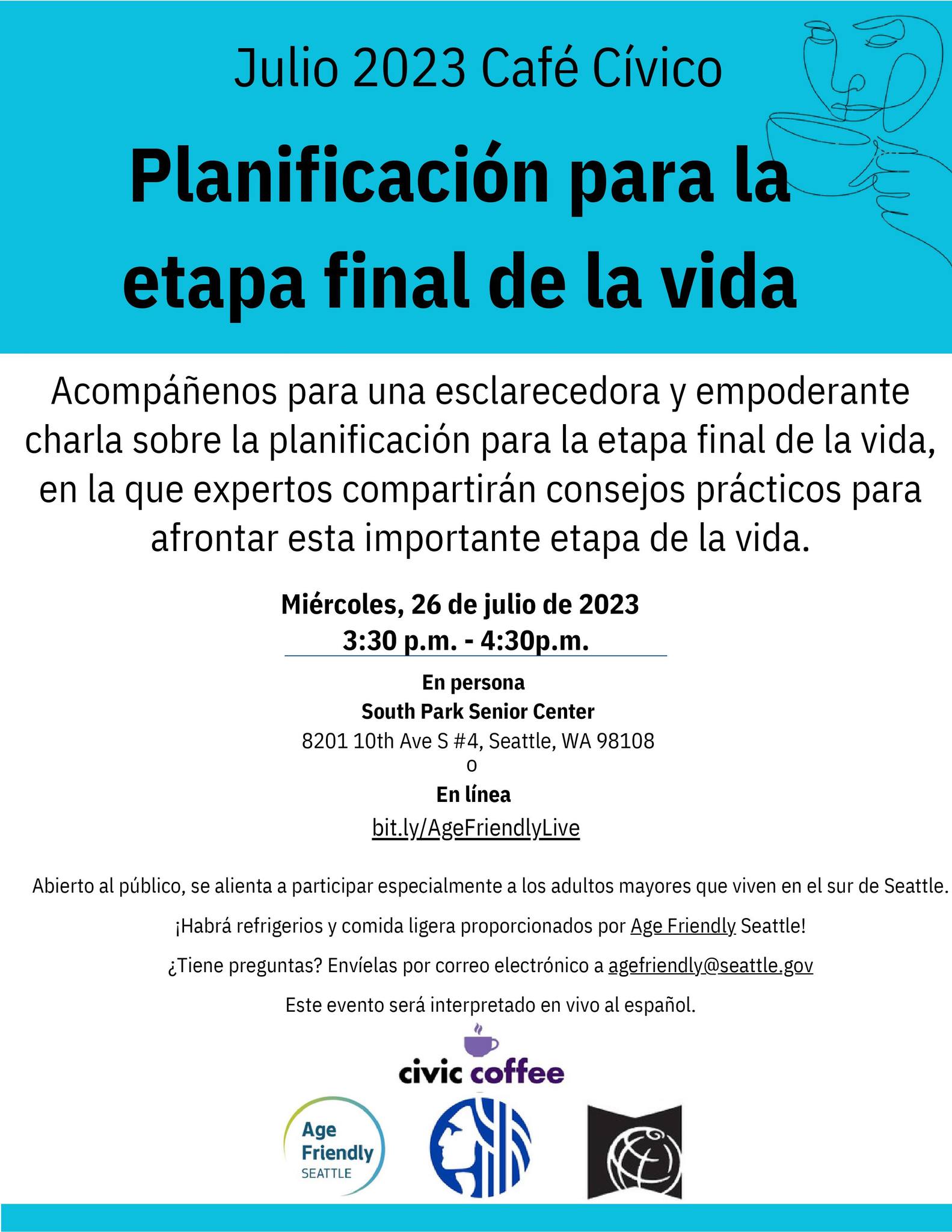





































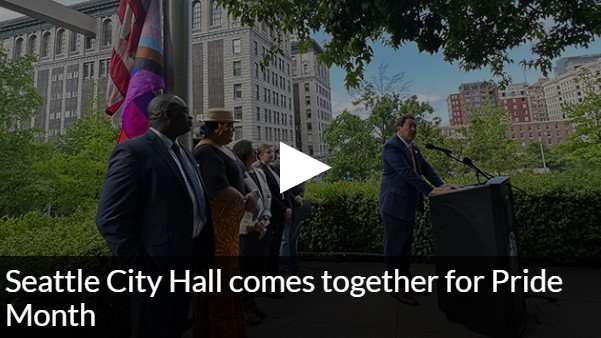







 It’s easy to forget, amid concern about rising drug overdose, that behind the numbers are people who are suffering. I asked each panelist to share a story of someone they’d helped with these grants. I hope you’ll consider viewing those
It’s easy to forget, amid concern about rising drug overdose, that behind the numbers are people who are suffering. I asked each panelist to share a story of someone they’d helped with these grants. I hope you’ll consider viewing those 



